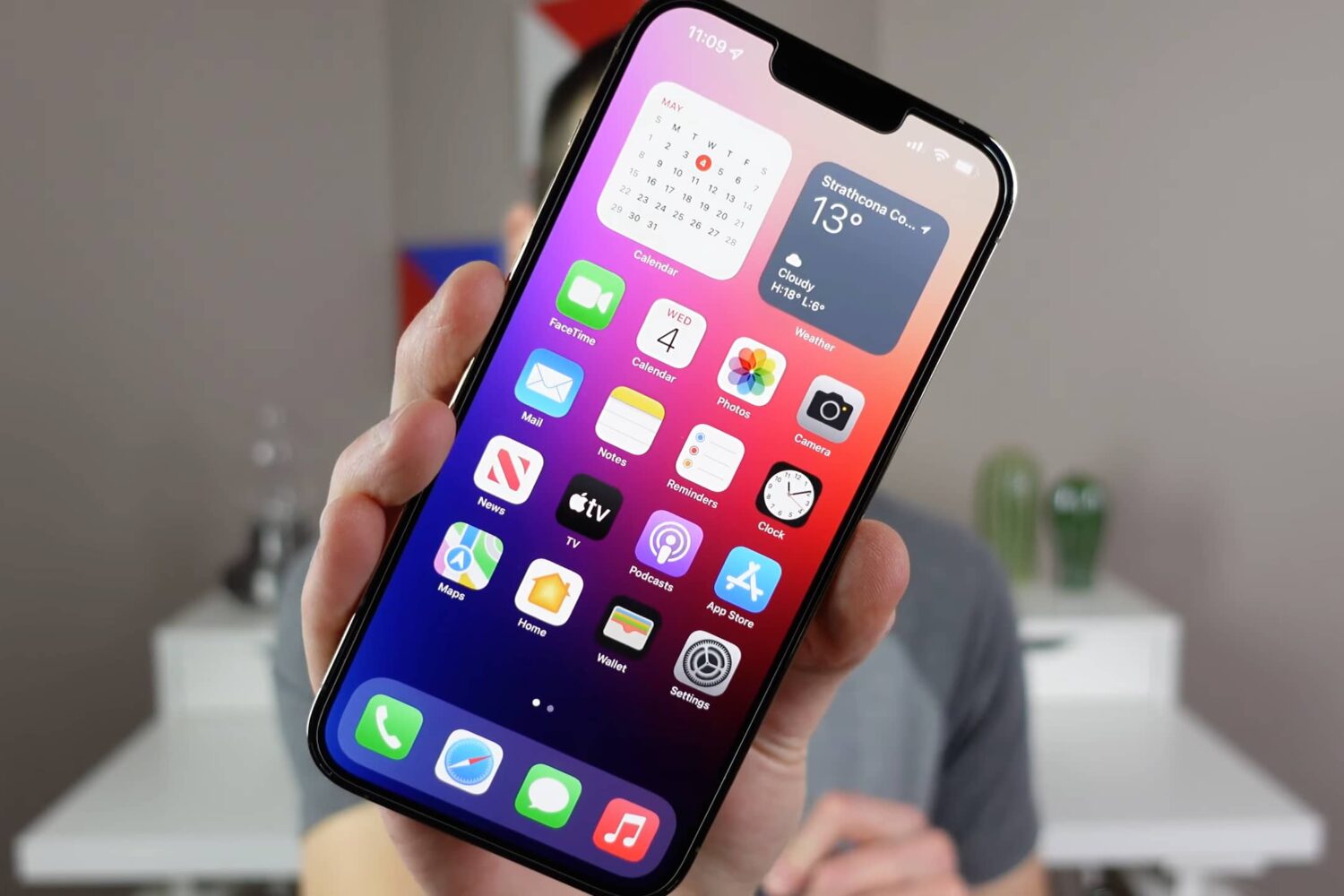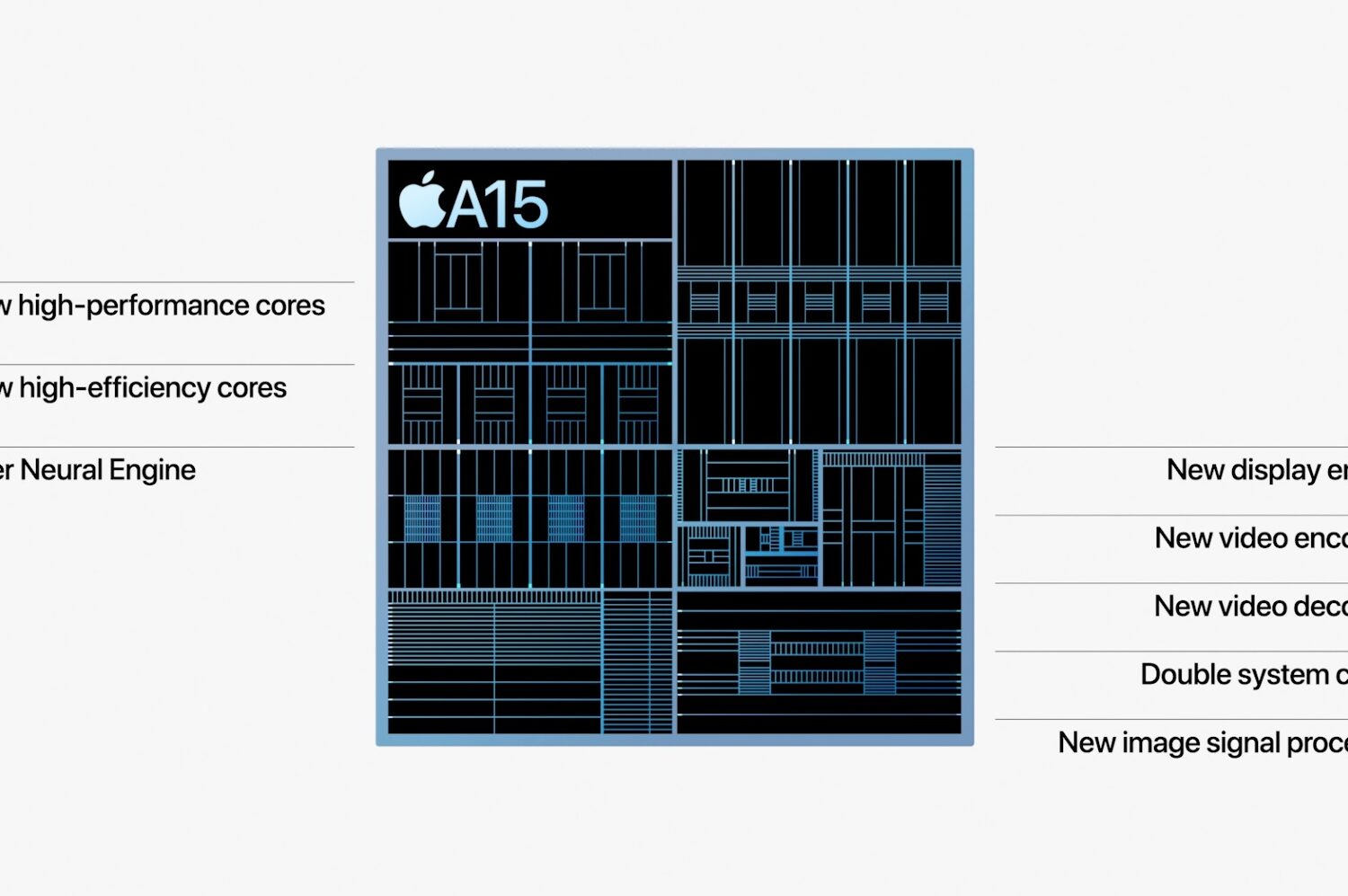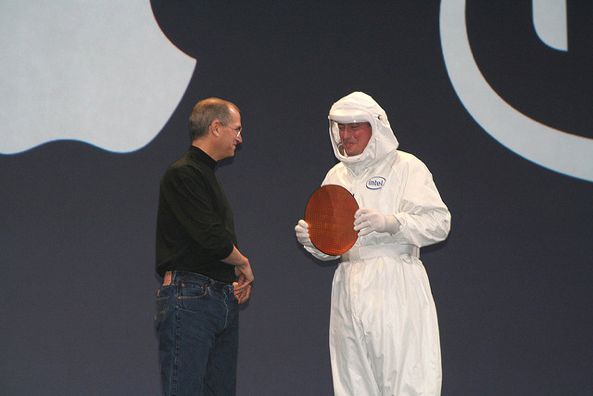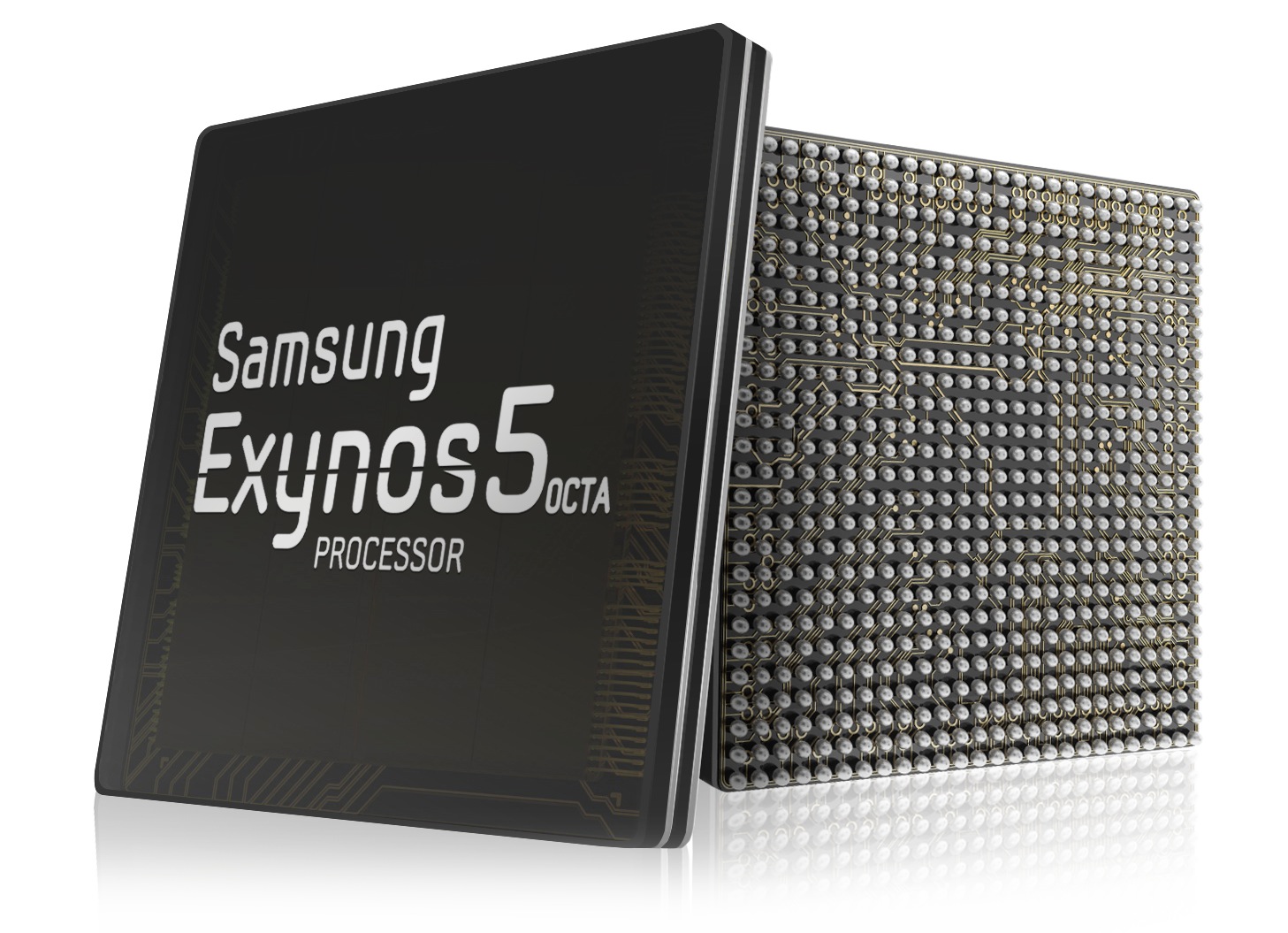Aside from releasing an M3 Ultra Mac Studio, the iPhone maker is also expected to bring its upcoming flagship chip to the Mac Pro workstation.
Apple rumored to give the Mac Studio an M3 Ultra chip option around mid-2024


Aside from releasing an M3 Ultra Mac Studio, the iPhone maker is also expected to bring its upcoming flagship chip to the Mac Pro workstation.

The top M3 Max Studio model could have 32 processing cores and a whopping 80-core GPU, but the machine isn't expected to arrive this year.

The iPhone 15 Pros will use Apple’s upcoming A17 Bionic chip equipped with 6GB of RAM, the same as the iPhone 14 Pro models, a leaker claims.

All future Pro-branded iPhones, rather than just this year's iPhone 14 Pro and iPhone 14 Pro Max, are expected to exclusively use Apple's latest mobile chips.
TSMC will start mass production of 2nm chips in 2025, with Apple and Intel among the first clients said to use the latest semiconductor technology.

Work on an Apple Car autopilot chip module and other custom chips should be completed in 2023 after having been underway for almost a year.
As Intel's new CEO makes it a top priority to win back Apple's business, the iPhone maker is apparently developing successors to the company's inaugural Mac chip, the M1.

Apple is nuking Intel chips in Macs out of orbit, and the chipmaker is obviously unhappy about it. But according to Intel's optimistic CEO, the company will try to win back Apple's business.

Apple's upcoming 2022 iPad Pro models will use chips built on TSMC's cutting-edge three-nanometer manufacturing process, resulting in a speed boost and lower power consumption.

Samsung is reportedly looking to hire Apple's and AMD's former silicon engineers to help it create a custom CPU after shuttering its in-house semiconductor team recently.
According to a new report, Apple has been developing a more powerful Mac mini around the same chip as the next MacBook Pro to replace its high-end Intel-based counterpart.

The world's leading semiconductor foundry has issued a warning predicting that the global chip shortage that's hurting technology companies the most won't be resolved anytime soon.